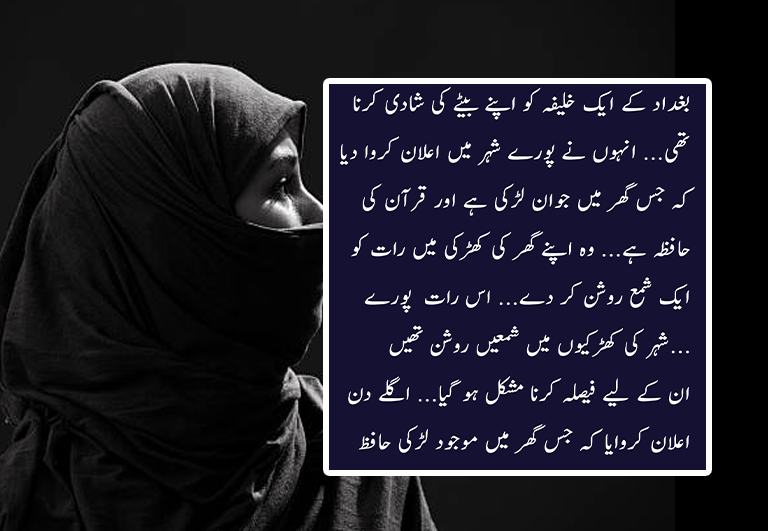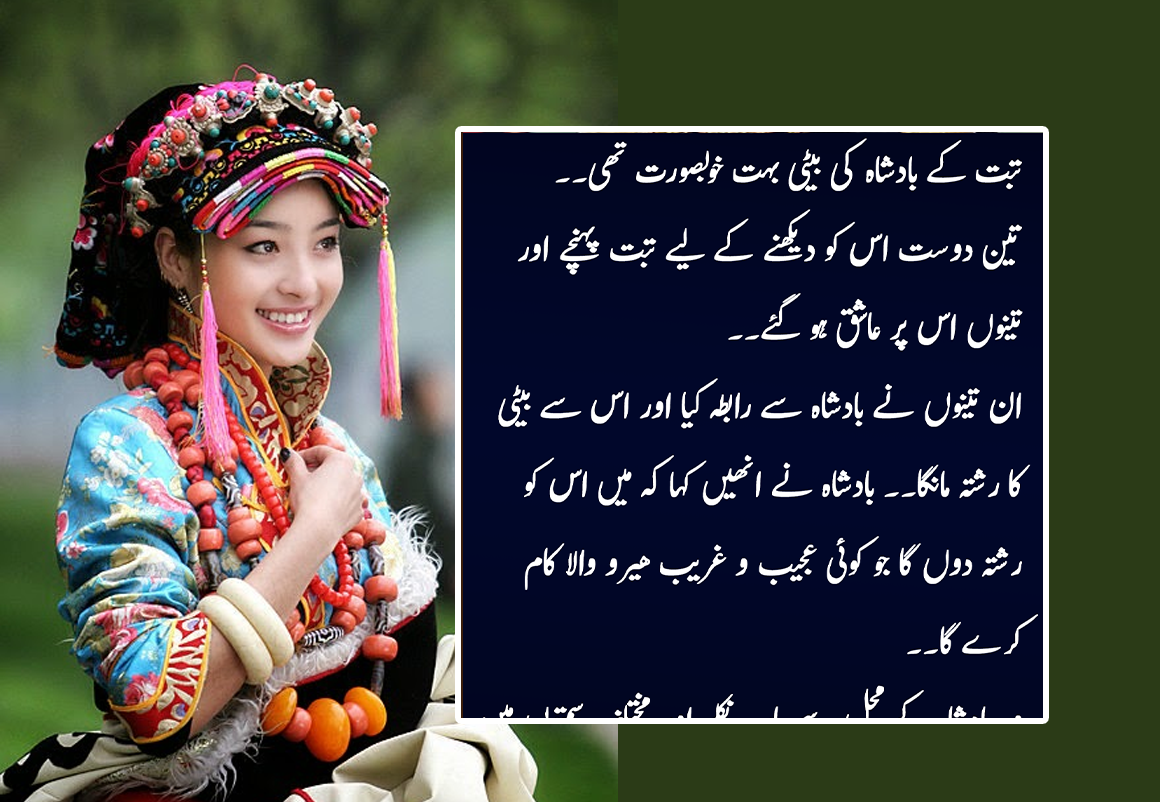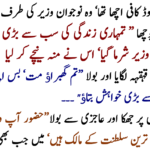In ancient Baghdad, a Caliph sought a suitable bride for his son. He issued a proclamation throughout the city: any household with a young woman who had memorized the Quran should light a candle in their window that night. As darkness fell, a magnificent sight emerged – the city’s windows glowed with countless candles. It was a breathtaking display, but it made the Caliph’s decision exceedingly difficult.

To narrow down the choices, the Caliph announced the next day that any household with a young woman who not only memorized the Quran but also had committed the Muwatta of Imam Malik to memory should light a candle in their window that night. Once again, more than half of the city’s windows were illuminated.
The sight must have been spectacular – windows ablaze with candles, symbolizing not just light but also the bright future of Islam. These candles were a testament to the comprehensive and profound education that had been imparted to the women of the city. The flickering flames revealed the promise of a strong Islamic society, where knowledge and piety were cherished and widespread.
Today, if such an announcement were made, very few windows would light up. And if the second condition were added, the entire city might remain dark. This stark contrast raises a crucial question: what has changed?
The reality is that today, we have become entangled in a web of frivolous and superficial education. Modern society has lured women into striving to stand shoulder to shoulder with men, often at the expense of their true potential and purpose. Today’s women are encouraged to pursue careers and interests that, while valuable in their own right, often distract from their critical role in nurturing a strong, morally upright generation.
In many cases, women are drawn into trivial pursuits – engaging in meaningless debates on morning shows, participating in futile activities, and vying for inconsequential prizes in competitive games. The focus has shifted away from raising children with strong character and towards personal gain and recognition.
It is not that women today lack the capability or intelligence. Rather, they have been diverted from their pivotal role in shaping a vibrant Islamic society. The media and societal pressures have steered them away from their potential to be the torchbearers of knowledge and virtue.
Imagine if today’s women were as dedicated to their education and spiritual growth as the women of Baghdad. Imagine the impact on our society if women were empowered and celebrated for their role in nurturing the future generation. The illuminated windows of Baghdad remind us of a time when education and piety were the pillars of society, and they beckon us to return to those values.
In conclusion, the illuminated windows of Baghdad serve as a poignant reminder of the heights that a society can achieve when it values and prioritizes true education and moral integrity. As we navigate the complexities of modern life, it is imperative to re-align our priorities, ensuring that we nurture and support the potential of women not just as professionals, but as the very foundation of a strong, ethical, and enlightened society.








